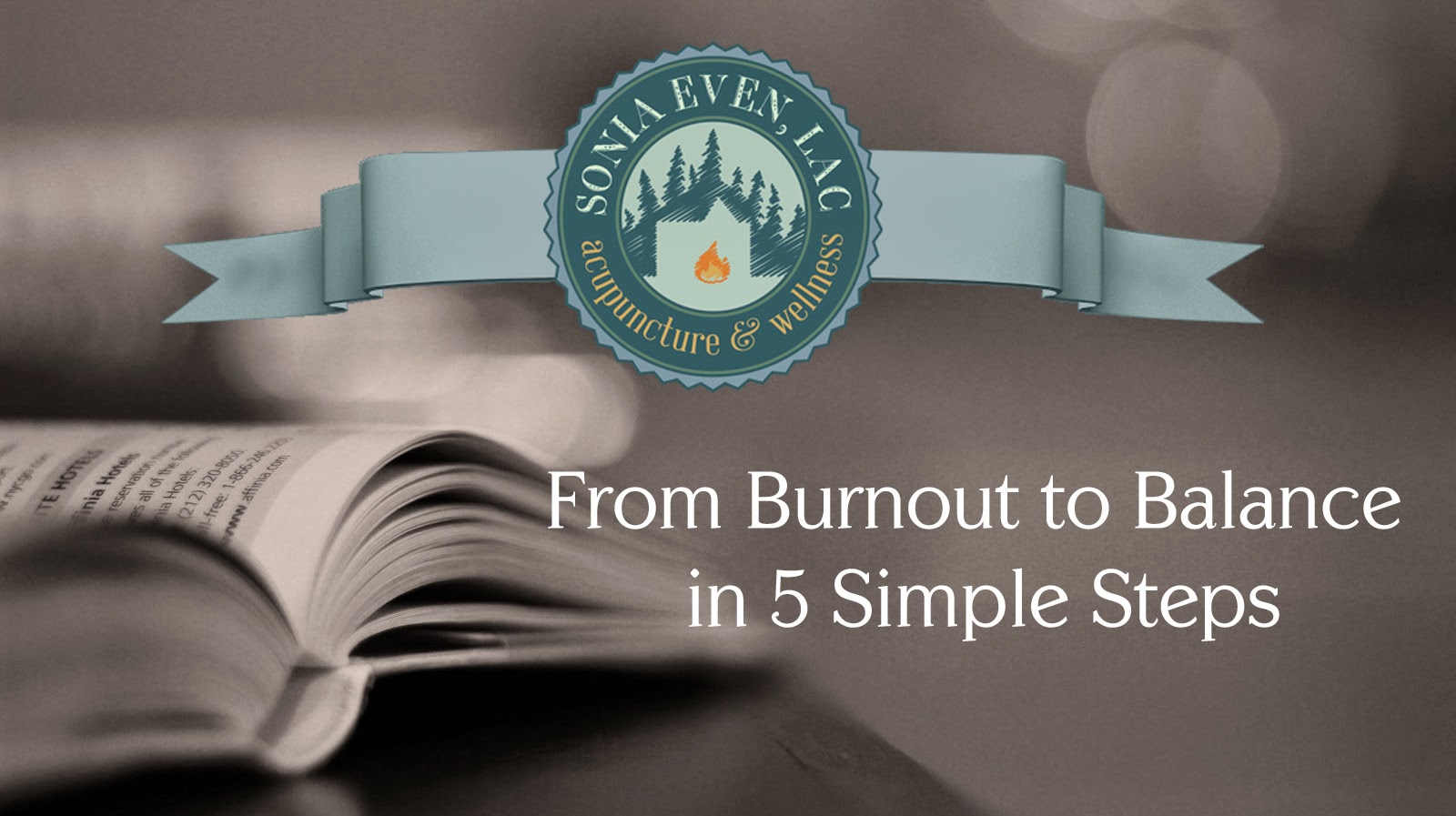Unless you are a patient or practitioner of Chinese medicine, chances are, your knowledge of cupping doesn't extend far beyond, "that's the thing that made those weird bruises on that one celebrity's back." Now, why the heck would anyone want to engage in an activity that leaves them sporting bruises that make them look like they lost a fight with a sea-monster?
If you don't know anything about cupping, I can understand why you would think it's yet another new-age craze. However, cupping is as old as acupuncture and even less esoteric. It is, quite simply, a massage technique. Here are some of your frequently-asked cupping questions, answered.
- What does it do? In short, it makes you feel good. Cupping uses suction rather than pressure to relax the soft tissue, releasing nerves and deeper connective tissue. In everyday terms, it "breaks up knots," or areas of tension, the same way a deep-tissue massage would. It allows the practitioner (me) to target very specific areas of tension and discomfort. It also increases circulation of blood and lymph to the area, which encourages healing.
- Why the bruises? Cupping creates a tight suction, and although I hate to use the analogy, there's really no better way to say it - it's like hickey. Small blood vessels on the surface may burst from the pressure created by the cup, but this is harmless and the marks go away in a week or so. In my own observation, people who have a lot of pain and stiffness in an area tend to get darker bruises than those with milder pain, but there's not really a great scientific explanation for why that's so. I've seen pictures online of people covered in bruises, and in my own practice I have never, ever performed a cupping session that has incorporated more than six cups at once. Usually, the more extreme methods of cupping are used in Asia.

- How do you do it? I practice traditional glass cupping (aka, fire or "flash" cupping) because I frankly haven't been able to find a better substitute. This is the ancient method and, although it requires a certain amount of finesse, newer products with a pump just don't seem to work as well. I start by pinching an alcohol swab between a pair of tweezers, and then I light it on fire. I quickly swirl the flaming swab around inside the cup to consume all the oxygen, creating suction. Then, I gently but swiftly apply the cup to the area I want to treat. The cup shouldn't be hot - the fire is for creating the seal only, and not for applying heat. Then, I typically move the cup along the skin to massage a larger area, but sometimes I leave the cup in place, or apply more cups.
- What does it feel like? Cupping doesn't hurt - I think massage hurts more! The tight seal can feel a bit like having someone push their fist into your muscle, rather than a pulling or sucking sensation. It feels like pressure. I've never had a patient complain that cupping is uncomfortable, but if the seal is too strong, I can adjust the suction easily to a person's preference.
- Can I try it? You most certainly can! Typically, I use cupping as an adjunct therapy and not as a substitute for needles. However, if you mention specifically that you'd like to incorporate cupping into your treatment in addition to acupuncture or as part of a needle-free treatment, I can certainly do that. It works best for people that have back pain or tension. Applying cups to bony places (or people!) can be more difficult.
The bruising shown here is more typical of what a to expect after a treatment.



